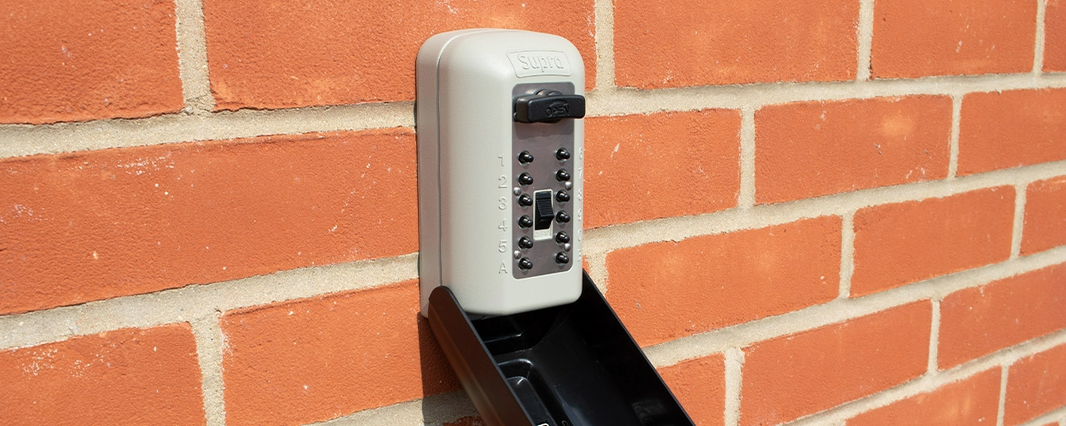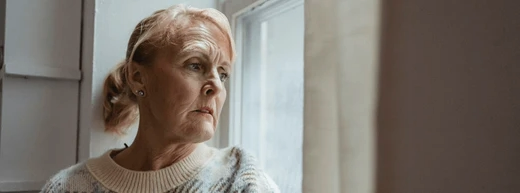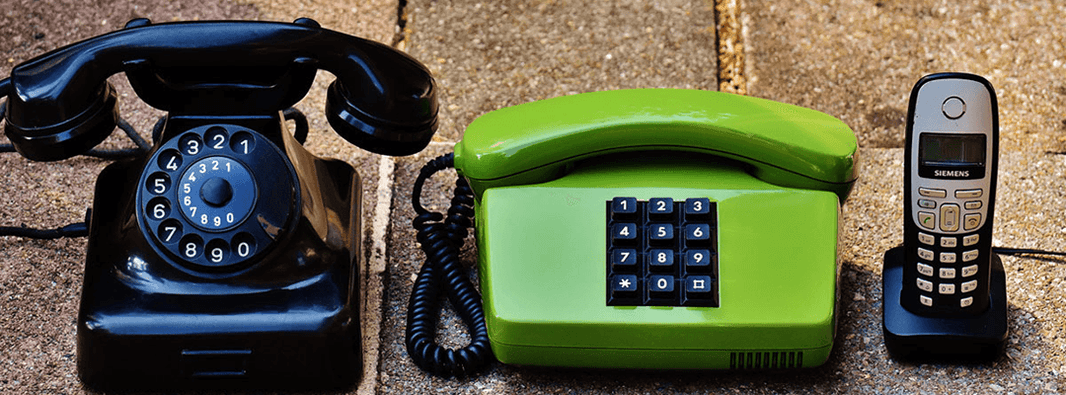We live in a digital world. Every day we put more of ourselves online, and our digital interactions are becoming just as important as our physical ones. While our loved ones’ physical assets can easily be passed down and preserved in the event of their passing, what happens to their digital data? What happens to the online-only photos, videos, and messages that they leave behind? If you want to protect your loved one’s virtual footprint, you should consider creating a digital legacy plan.
Who Needs a Digital Legacy?
The simple goal of a digital legacy plan is to make it as easy as possible to pass on access to important accounts and data. If your loved one has compiled their digital legacy, it will make it easier to protect their important data and carry out their wishes regarding its preservation. For example, they may want their social media pages turned into memorial pages. Or perhaps they want them closed completely.
This is a discussion you should have with your loved ones to make sure their digital legacy is handled exactly the way they want.
While some modern solicitors offer a service to handle the digital legacy of their clients, this would require that they oversee precious, personal, and potentially sensitive data. This means you and your loved one must be doubly sure that it’s the correct option for them.
Unfortunately, the concept of a digital legacy is still very new. Therefore, there is no standardised system to handle accounts after a user’s passing. To ensure a smooth transition, preparation must be carried out well in advance. If a plan isn’t in place, it can be a long and stressful battle to get access to a loved one’s account.

What is a Digital Estate?
All data that belongs to you, whether it’s stored online or on multiple devices, is called your digital estate. According to a 2017 finding by Dashlane, the average person has more than 150 accounts across different services and devices. To lose even a fraction of that data would be like losing a part of yourself. A digital legacy plan aims to make sure that your loved one’s digital estate is protected, no matter what.
What is Apple Digital Legacy?
Apple has always taken the security of its customers’ data very seriously. Unfortunately, this means that it can be difficult – if not impossible – to get access to a loved one’s account once they have passed.
However, recently they have taken steps to address this. As of 2021’s iOS 15 update, Apple now allows users to set a Legacy Contact. A Legacy Contact acts like a digital power of attorney when your loved one passes away. When a Legacy Contact is set, the chosen contact will receive a unique code. When it’s time to access your loved one’s account, you just need the unique code and a few pieces of documentation. Once submitted, access will be granted to the appropriate Apple ID. From there, you can choose to backup or delete the data according to your loved one’s wishes.
Can I Leave my iTunes in My Will?
While parts of your loved ones’ Apple accounts can be passed on to their legacy contact, Apple have a strict non-survivorship clause for most of their products. This means that some services, such as iTunes, remove purchases when Apple are notified of a user’s passing. Unfortunately, this makes legally passing on an iTunes account in a will exceedingly difficult.
What is Google’s Inactive Account System?
With Google’s Inactive Account system, if your loved one hasn’t logged into their Google account for a specified period, access is passed to you. This is easy to set up and your loved one can control what parts of the account can be accessed. They can even schedule the account to be deleted once certain conditions have been met, such as when all data has been backed up.
What is a Facebook Legacy Contact?
Facebook’s Legacy Contact system works much like Apple’s. Your loved one first chooses a Legacy Contact who will oversee their account in the event of their passing. A Legacy Contact can’t post as them but can control other parts of the account. Once Facebook has been contacted about a user’s passing, they will automatically memorialise the account. Without a Legacy Contact, this means that the account can no longer be changed or accessed. If a Legacy Contact is set, they can update parts of the account and even delete it if necessary.
How Do You Create a Digital Legacy?
Creating a comprehensive digital legacy can be very time consuming. However, there are many websites and resources that can help make the process much easier. MyWishes, for example, has features that go beyond just creating a digital legacy. One such feature allows users to schedule posts to social media that will go live after their passing. This is a free service that allows a loved one to continue playing a small part in your family’s lives for many years to come.
Compile Important Accounts
When helping a loved one create a digital legacy plan, it’s first important to put together a list of the accounts they want to pass over.
For some inspiration, think about anything they are subscribed to. This could include Netflix or Amazon Prime. Also include their bank, pensions, emails, social media, and any other accounts containing vital information.
Make Clear Wishes
Next, discuss how they want these accounts to be handled. Do they want the data to be downloaded and the accounts deleted? Would they like a memorial page set up in their honour? These are important questions that should have clear answers for each account.
Choose Legacy Contact
Determine who will be given control of these accounts. It does not have to be one person across all accounts. However, legacy contacts should be people your loved one trusts.
Prepare Accounts
Once they are happy with their decisions, help them make appropriate changes to their accounts. Then, when they can, recommend that they add a note of this to their will. This will ensure their digital legacy is preserved how they want it to be.

How Do I Protect My Digital Legacy?
When a digital legacy is put together, it can hold a lot of private and sensitive information. For identity thieves, this can be a goldmine of data that could prove harmful for you or your loved ones. It’s important that you avoid saving your loved one’s password on an unprotected text document.
You also shouldn’t send any information by email. If you want to store sensitive data, such as passwords, services such as Easeenet are recommended. They are secure and encrypt usernames and passwords. Furthermore, they allow your loved ones to share them with their chosen Legacy Contacts. This way you know that their passwords are safe from bad actors.
What is a Social Media Will?
Also known as a digital will, a social media will is a document that compiles your loved one’s online accounts and preferences. It is an easy-to-read document that gives you a clear direction of what your loved one wants to do with their precious data after they have passed. Though it is not a legally binding document due to the nature of digital data, it is still a key step to preserving your loved one’s digital legacy.
It is recommended that once filled out, the social media will should be kept with your loved one’s traditional will. This way, they can both be accessed at the same time.
You can find a template for a social media will from the Digital Legacy Association.
Keep It Updated
If you change passwords for your accounts, it’s important to update your digital legacy with that information. Data is always changing, so it is important to try and update your digital legacy information regularly.
Additional Support from Careline365
Digital legacy is an important topic to speak to your elderly loved ones about. However, so is their safety at home.
By choosing a Careline alarm, your loved once will be in safe hands 24/7, 365 days a year. All they need to do is press the button on their pendant alarm. This will put them in touch with our professional Care Team. By talking to your loved one over the alarm unit, they will assess the situation and alert any emergency contacts. If necessary, they can also contact the emergency services on their behalf.
To find out more about our alarm service, check out our detailed guide. You can find more information, as well as helpful tips like these, on our blog. If you have any questions about the Careline service, please don’t hesitate to get in touch. Our customer service team can be reached on 0800 030 8777.









